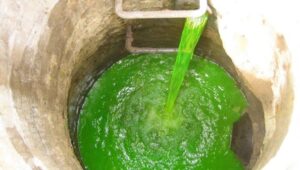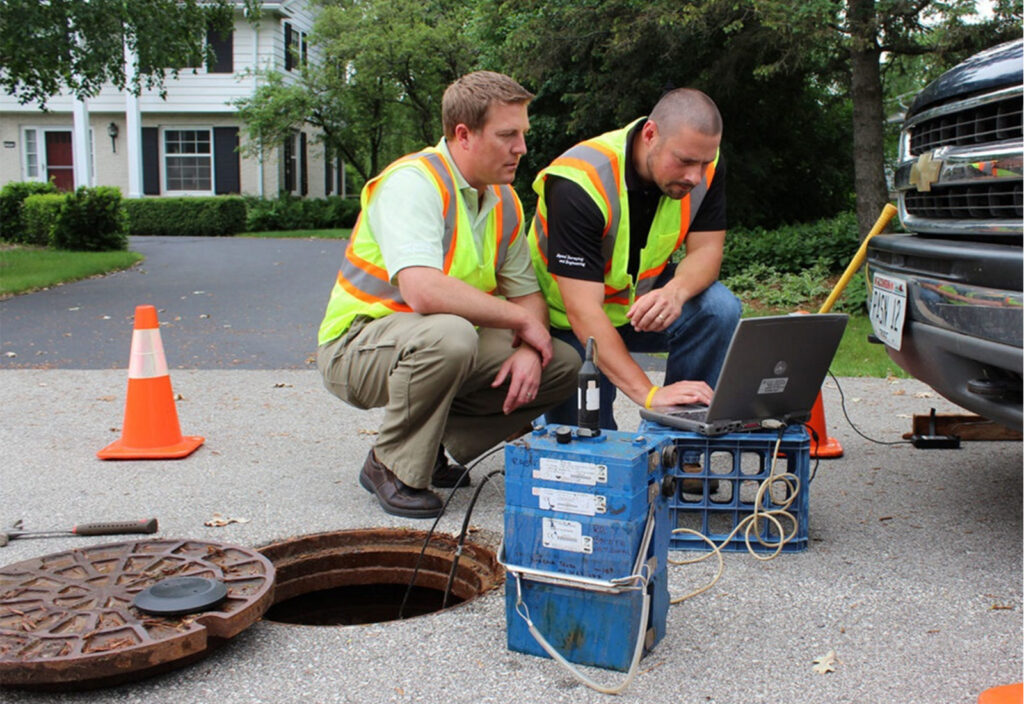Sanitary sewer systems are a critical component of modern urban infrastructure, responsible for transporting wastewater from homes, businesses, and industries to treatment facilities. Over time, these systems can deteriorate due to various factors such as corrosion, blockage, root intrusion, and general wear and tear. This degradation not only poses a risk to public health and the environment, but can also lead to significant economic losses. Therefore, the rehabilitation of sanitary sewer systems is of paramount importance.
Understanding the Costs and Consequences of System Failures
The importance of sanitary sewer rehabilitation programs can be understood by examining the consequences of system failures. When sewer systems fail, untreated wastewater can overflow into streets, homes, and local water bodies, leading to public health hazards such as the spread of diseases. Moreover, pollutants from untreated wastewater can contaminate local ecosystems, harming wildlife and disrupting biodiversity.
Economically, the costs associated with sewer system failures are substantial. Businesses may suffer from operational disruptions, and municipalities may face hefty fines for environmental violations. The social costs are also considerable. Residents may experience decreased quality of life, and property values can decline.
Protect Your Future: The Smart Way to Upgrade Infrastructure
 Sanitary sewer rehabilitation programs aim to proactively address these issues. By regularly inspecting and maintaining sewer lines, potential problems can be identified and rectified before they escalate into major failures. Rehabilitation techniques such as cured-in-place pipe lining, pipe bursting, and chemical grouting are employed to repair and strengthen existing sewer infrastructure. These methods are often more cost-effective and less disruptive than traditional excavation and replacement.
Sanitary sewer rehabilitation programs aim to proactively address these issues. By regularly inspecting and maintaining sewer lines, potential problems can be identified and rectified before they escalate into major failures. Rehabilitation techniques such as cured-in-place pipe lining, pipe bursting, and chemical grouting are employed to repair and strengthen existing sewer infrastructure. These methods are often more cost-effective and less disruptive than traditional excavation and replacement.
Furthermore, rehabilitation programs contribute to the sustainability of sewer systems. By extending the life of existing infrastructure, the need for new construction is reduced, which in turn minimizes the environmental impact associated with raw material extraction and construction activities. Additionally, modern rehabilitation techniques can improve the efficiency of sewer systems, leading to reduced energy consumption at treatment facilities.
Public awareness and support are crucial for the success of sanitary sewer rehabilitation programs. Educating the community about the importance of these programs can lead to increased funding and political backing. Residents can also contribute by properly disposing of waste and reducing the amount of grease and other materials that can clog sewer lines.
raSmith has published a blog titled “Revolutionizing Sewer Rehabilitation: The Power of Flow Monitoring Innovations.” This insightful article delves into the application of advanced sensor technology to identify areas contributing to inflow and infiltration (I/I) issues within sewer systems. It offers a comprehensive examination of how these sophisticated flow monitoring tools are revolutionizing the analysis of sewer systems. By pinpointing and ranking areas affected by high levels of I/I, these devices facilitate more effective funding distribution and system rehabilitation efforts for municipalities.
 In conclusion, the strategic evaluation and rehabilitation of sanitary sewer systems stands as a cornerstone in safeguarding public health, conserving environmental integrity, and bolstering economic resilience. Engaging with raSmith’s municipal and wastewater experts brings a wealth of innovative solutions and dedicated support to your project. Our depth of experience in sanitary sewer evaluation and rehabilitation will help ensure your community benefits from a robust and sustainable infrastructure. By prioritizing these essential programs, municipalities and utility providers can secure a legacy of safety, cleanliness, and efficiency for future generations.
In conclusion, the strategic evaluation and rehabilitation of sanitary sewer systems stands as a cornerstone in safeguarding public health, conserving environmental integrity, and bolstering economic resilience. Engaging with raSmith’s municipal and wastewater experts brings a wealth of innovative solutions and dedicated support to your project. Our depth of experience in sanitary sewer evaluation and rehabilitation will help ensure your community benefits from a robust and sustainable infrastructure. By prioritizing these essential programs, municipalities and utility providers can secure a legacy of safety, cleanliness, and efficiency for future generations.
